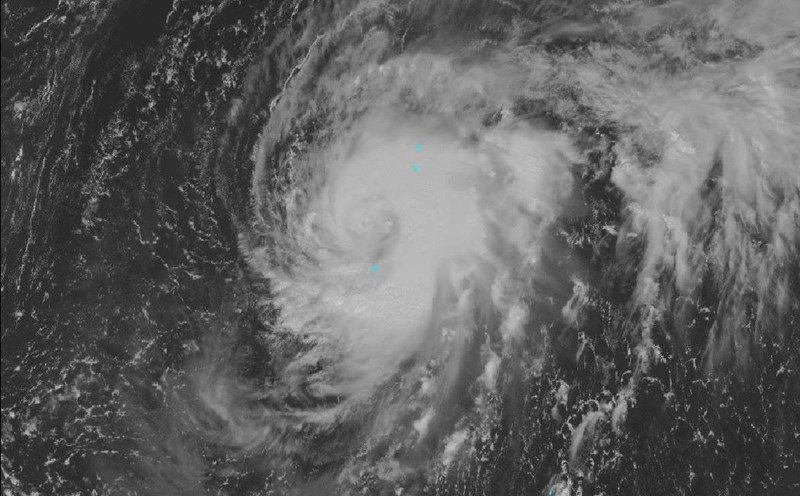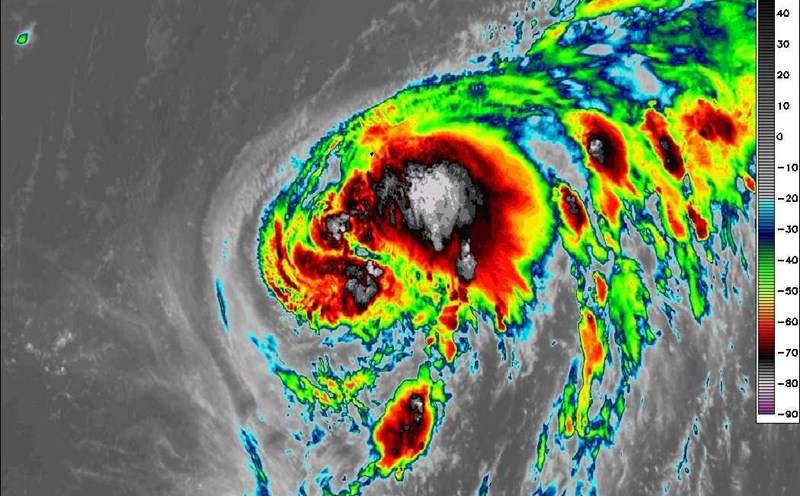Nearly 1,000 people are stranded on the eastern slope of Everett, in the Tibet region (China), after a snowstorm suddenly overflowed on October 4. Tourists, guides and support staff were stranded in harsh conditions when temperatures dropped sharply and the road to the top was blocked.
Rescue forces are racing against time to bring the victim to a safe zone when there is heavy snowfall, strong gusts of wind and a view of almost nowhere.
China said 350 people were rescued from the danger zone on the morning of October 5, while hundreds of others were still isolated in climbing villages at an altitude of more than 4,900 meters. Local authorities have dispatched rescue teams, police and local people to clear roads, provide food and warmth to those stranded.
Some witnesses said the storm arrived so quickly that they could not evacuate. "The snow was so thick that it reached the knees, the tent was blown down by the wind. We have to gather to keep warm," said a Chinese tourist. He added, a guide who has been climbing for 20 years said he had never seen such harsh weather in October.
Some people had hypothermia and lost contact due to a run-down phone battery in cold conditions. However, the rescue team confirmed that no deaths had been recorded as of the morning of October 6.
The snow storm also collapsed many tents, damaged fixed rope systems, making mountain climbing dangerous. Routes leading to Everett from central India have been blocked, and authorities have suspended visitors to the Everett scenic spot until conditions are stable.
According to the China Meteorological Administration, the snow will gradually decrease in the next 2 days, but strong winds and thick fog may continue to hinder rescue operations. We still have more than 600 people in need of support, and every hour that passes is extremely important, said a rescue worker in Tibet.
This incident is a warning about mountain climbing safety and extreme climate risks in Everett - once known as the "roof of the world" but also one of the most dangerous places on the planet.











